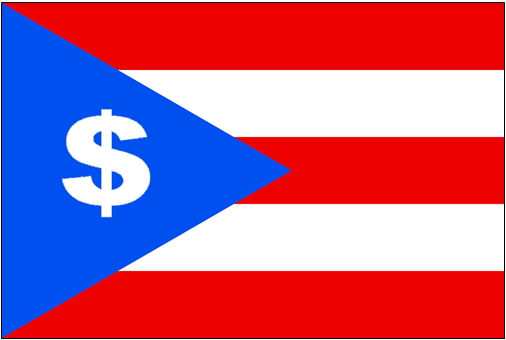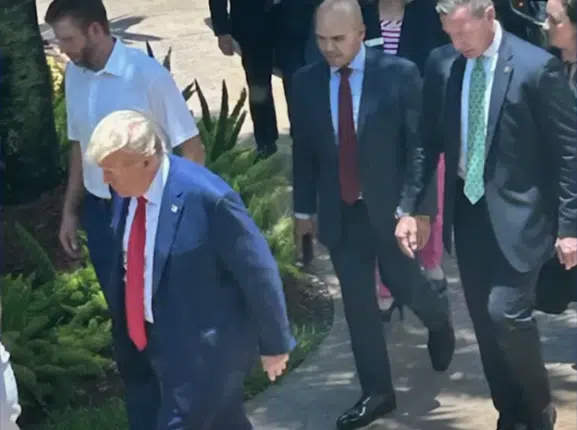Will the House-proposed Puerto Rico legislation, H.R. 4900, restructure the territory’s $72 billion of debt, or will it lead to a bailout of creditors?
Under the bill, the financial oversight board certainly has the authority to restructure Puerto Rico’s debts — in which creditors would take a haircut — but in its current form it is not mandatory they do so when no other arrangement can be reached, nor are secured creditors explicitly given preference of being paid first over unsecured creditors.
Yes, the board created might restructure the debt equitably, but then again it might not.
All the bill provides is to review Puerto Rico’s voluntary arrangements reached with creditors, and the territory government’s restructuring plans for approval. Then, the oversight board shall ensure that “appropriate consideration is given to relative priority of claims as established by law so that no one group or class of creditors gains an advantage over any other class in which such advantage did not exist prior to the oversight board’s determination.”
That’s all well — that is, follow the priority of claims set forth by Puerto Rico law — after all, those were the legal terms everyone bought the bonds under.
In that regard, the only debt wholly guaranteed by the full faith and credit of the territory government itself in its constitution are those bonds issued by the Commonwealth itself. And when the Commonwealth is short on cash, “interest on the public debt and amortization thereof shall first be paid.”
Municipal debts on the other hand are guaranteed by the full faith and credit of the local municipal governments.
To the extent that there is not enough tax revenue at the territory and municipal level to pay those debts, not all of them will be paid on time and in full.
Presumably, the order they get paid when there’s not enough money, then, would appear to go first to the Commonwealth bonds, and then to the municipal bonds. But what if the revenue available to pay a claim comes via a municipal venue, and not the Commonwealth as a whole? Who gets to lay claim to the revenue?
Or what if the government of Puerto Rico fails to reach any arrangements with bondholders, or to produce the needed restructuring plan?
Congress needs to answer these questions — by writing its law specifically to address those problems where Puerto Rico’s laws are not clear.
Also, couldn’t the territorial government modify the ordering of claims under law in the interim?
As Mitu Gulati and Mark Weidemaier warned recently in the Financial Times, “Sophisticated creditors understand that the borrower may change its law in a crisis.”
Congress should interdict that possibility by requiring debt restructuring at the outset within the existing order of claims, which should be frozen at the time of the bill’s enactment, rather than at the time the oversight board makes a determination, and also as a condition of Puerto Rico’s submission of its fiscal plan to the board.
The bill does provide a bit of latitude, and creates provision for voluntary cramdowns by creditors. These would presumably be entered into if a majority of bondholders of a certain class agree to restructuring — that is, a default where only pennies on the dollar are paid — that is then binding on all of the bondholders of that class.
Certainly that is a degree of discretion that will be needed in order to sort through each class of debts.
But when no agreement can be reached or where the ordering of claims is not clear under Puerto Rico statute, the financial control board would probably be better off having clear instructions on who gets paid and in what order based on what funds remain.
Since Congress has plenary authority in this regard— Article IV, Section 3 of the Constitution states, “The Congress shall have power to dispose of and make all needful rules and regulations respecting the territory or other property belonging to the United States” — it could settle all issues regarding claims at the outset to bring about an orderly resolution to Puerto Rico’s financial crisis.
That may be the only way to treat creditors equitably and to protect taxpayers from ultimately getting stuck with the bill, as holdout creditors may want to attempt to force the issue into federal courts — and then anything could happen.
Robert Romano is the senior editor of Americans for Limited Government.








